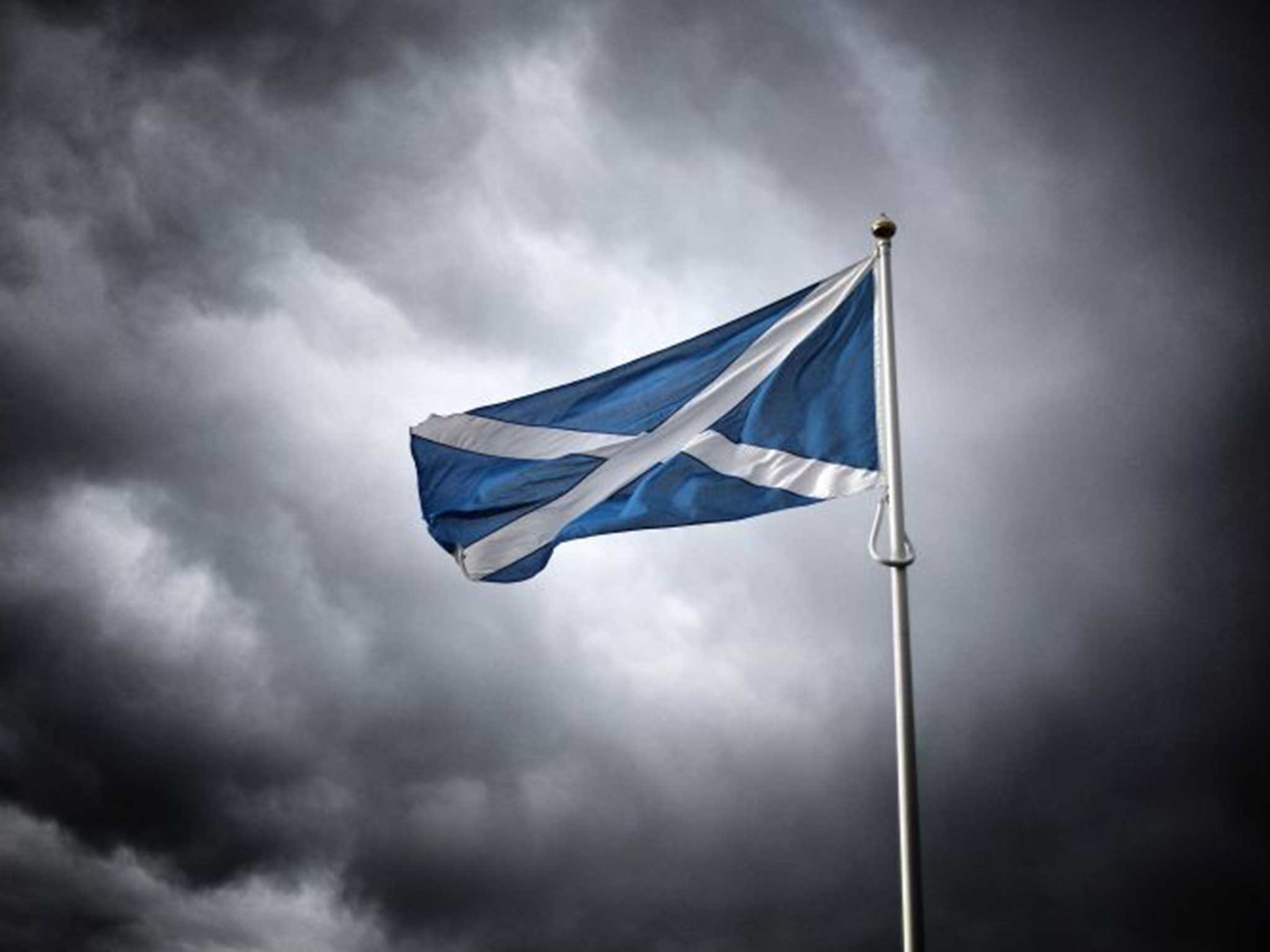Scottish accent is slowly dying out as young Scots drop their 'R's, say researchers
Academics used ultrasound to determine the speech patterns in young Scots

Your support helps us to tell the story
From reproductive rights to climate change to Big Tech, The Independent is on the ground when the story is developing. Whether it's investigating the financials of Elon Musk's pro-Trump PAC or producing our latest documentary, 'The A Word', which shines a light on the American women fighting for reproductive rights, we know how important it is to parse out the facts from the messaging.
At such a critical moment in US history, we need reporters on the ground. Your donation allows us to keep sending journalists to speak to both sides of the story.
The Independent is trusted by Americans across the entire political spectrum. And unlike many other quality news outlets, we choose not to lock Americans out of our reporting and analysis with paywalls. We believe quality journalism should be available to everyone, paid for by those who can afford it.
Your support makes all the difference.The Scottish accent is dying out as people drop the strong rolling ‘R’s from their speech.
Linguistic experts have discovered that hard ‘R’s are being used less among young Scots. The rhotic consonants are a distinctive part of the Scottish accent.
According to The Sunday Times, academics from Queen Margaret University in Edinburgh and Glasgow University used ultrasound on young Scots people to monitor how their mouths move during speech. They found that, like older generations, they still utter ‘R’ sounds but that they had weakened to such a point that they are barely audible.
Sociolinguist at Queen Margaret University, Eleanor Lawson, told The Sunday Times: “What we found is that Scottish speakers are delaying their ‘r’ gesture, so it’s happening in silence afterwards.
“They’re not losing it completely – they’re still producing it. You just can’t hear it properly.”
Michael Hance, director of the Scots Language Centre, said that he thinks the change could be due to the prevalence of received pronunciation, or 'Queen's English', including in BBC Scotland's broadcasts. He criticised the BBC's use of English accented speakers for broadcasts as well as: "this long tradition of sending [Scottish] people off for elocution lessons to soften their accents."
A 2013 study by ITV found that Scottish people are the more likely to report being discriminated against because of their accents than people from any other region in the UK. 29 per cent of Scots feel they have been discriminated against in a social situation because of their speech. 24 per cent say they this has happened whilst they have been served in a shop or restaurant.
However, despite this, Scottish accents are consistently voted the sexiest and the friendliest by other Britons. In a poll earlier this year, Scottish accents were named the second sexiest accents in the UK. 15% of Britons find Scottish accents sexy, second only to the Northern Irish brogue which 17% of people find sexy.
Join our commenting forum
Join thought-provoking conversations, follow other Independent readers and see their replies
Comments